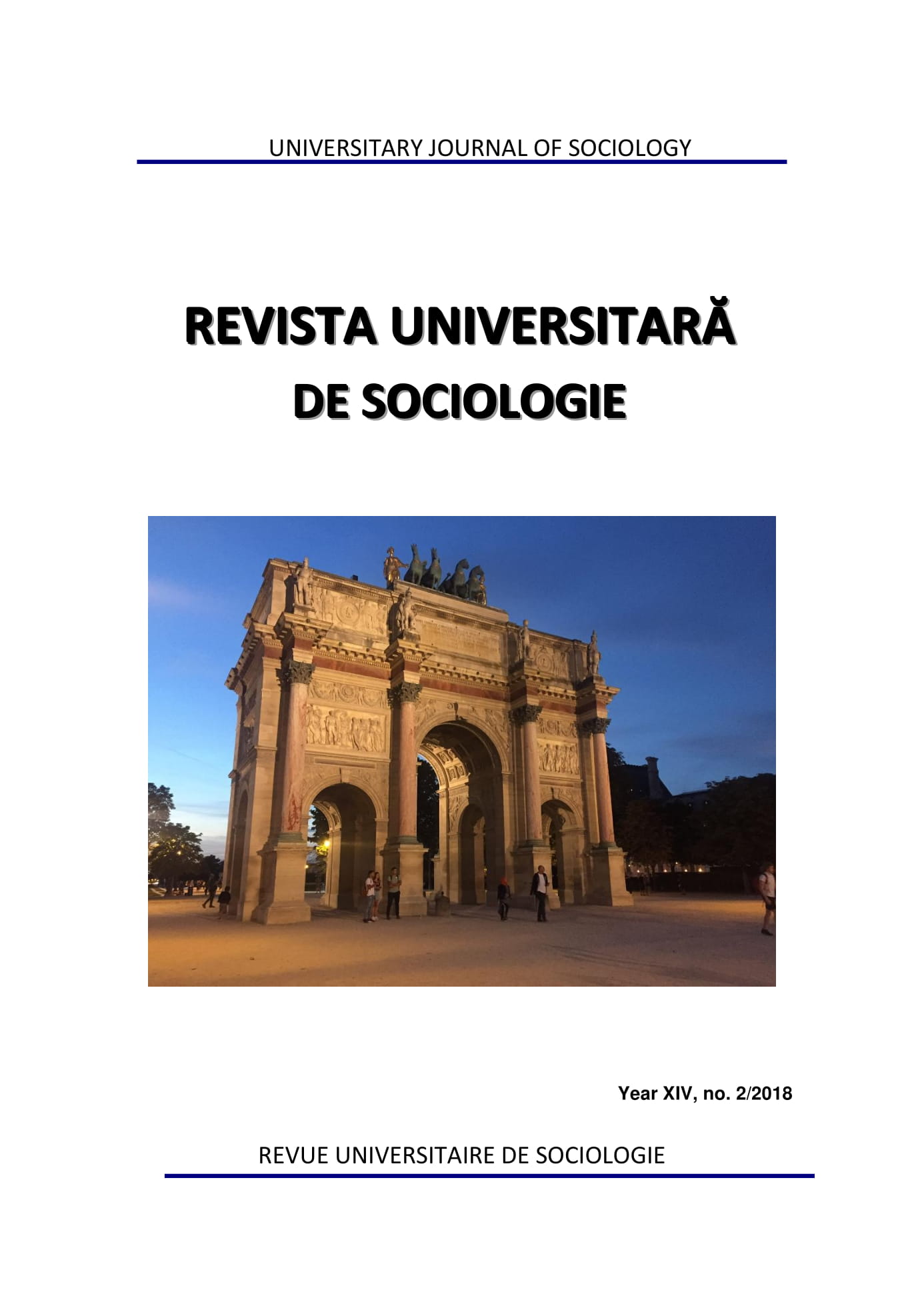PARTICULARITIES OF THE CONTEMPORARY POPULAR
LANGUAGE. CASE STUDY
PARTICULARITIES OF THE CONTEMPORARY POPULAR
LANGUAGE. CASE STUDY
Author(s): Vlad Ovidiu Cioacă, Maria CrăciunSubject(s): Anthropology, Social Sciences, Customs / Folklore, Sociology, Cultural Anthropology / Ethnology, Sociology of Culture
Published by: Ediktura Beladi
Keywords: popular language; Romanian village; rural culture; proverbs;
Summary/Abstract: The great Romanian writers consider the Romanian language as apeasant language, which has acquired "the specific charm and expressivity from itsoriginal maker, who was the peasant" (Rebreanu, in Ungheanu, 1999 :181) it isowed its development to this day, because it was the only one who has alwaysspoken it. For this reason, the language spoken to today in the Romanian villages bythe elderly people is a picturesque freshness, the words and expressions have muchricher meanings, they are more flexible and full of nuances, according to the rhythmof life in constant movement and change.Through this paper we intend to analyze the sociological significance ofpopular language in general, respectively that of popular words (proverbs, sayings,idiomatic phrases) in particular from Oltenia's countryside. The approach wasmainly exploratory. We used, as a main method of research, the participantobservation ethically external, structured and unstructured. To identify the mainwords shape the lexicon of Oltenia's countryside, we made an observational studyon elderly people in Dabuleni city.The observation aimed to identify some broadcast channels of the popularwords and their intergenerational transmission, the contexts in which they are used,cultural elements that they reflect (values, norms, morals, stereotypes), this studybringing many innovative elements in this area.Key
Journal: Revista Universitară de Sociologie
- Issue Year: XIV/2018
- Issue No: 2
- Page Range: 27-40
- Page Count: 14
- Language: English, Romanian

